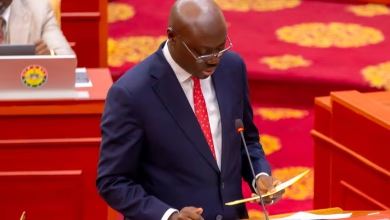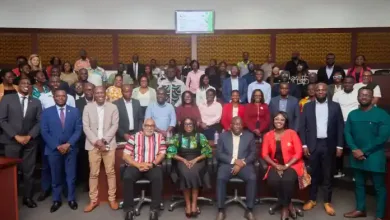COCOBOD Invests Nearly a Billion Cedis to Revitalize Cocoa Farms

- COCOBOD injected nearly a billion cedis into the rehabilitation
- Funds were used to cut down infected trees
- The board remains committed to supporting farmers
The Ghana Cocoa Board (COCOBOD) has injected nearly a billion cedis into the rehabilitation of aged and diseased cocoa farms to bolster national production.
This significant investment is part of a multi-year effort to address the decline in cocoa yield caused by the devastating swollen shoot virus.
COCOBOD CEO Joseph Boahen Aidoo explained that the funds were used to cut down infected trees, nurture seedlings, and establish new farms.
These efforts, while increasing administrative costs to GH¢3.4 billion in 2023, are crucial for sustaining the livelihoods of cocoa farmers and ensuring the sector’s long-term viability.
The COCOBOD leadership has refuted claims of excessive spending, emphasizing that the majority of the increased costs were directly invested in revitalizing the cocoa industry.
Deputy CEO Ray Ankrah highlighted that without this one-time expenditure, funded by a loan from the African Development Bank, administrative costs would have actually decreased.
COCOBOD aims to produce over 800,000 metric tons of cocoa in the upcoming 2024/25 season, driven by the rehabilitated farms.
The board is also implementing initiatives like hand pollination, pruning, and irrigation to boost productivity and attract younger farmers to the sector.
Despite challenges posed by the swollen shoot virus and extreme weather conditions, COCOBOD has achieved a financial turnaround, recording a profit of GH¢2.3 billion in 2023 after a significant loss in the previous year.
The board remains committed to supporting farmers and improving the cocoa industry through strategic investments and innovative programs.






